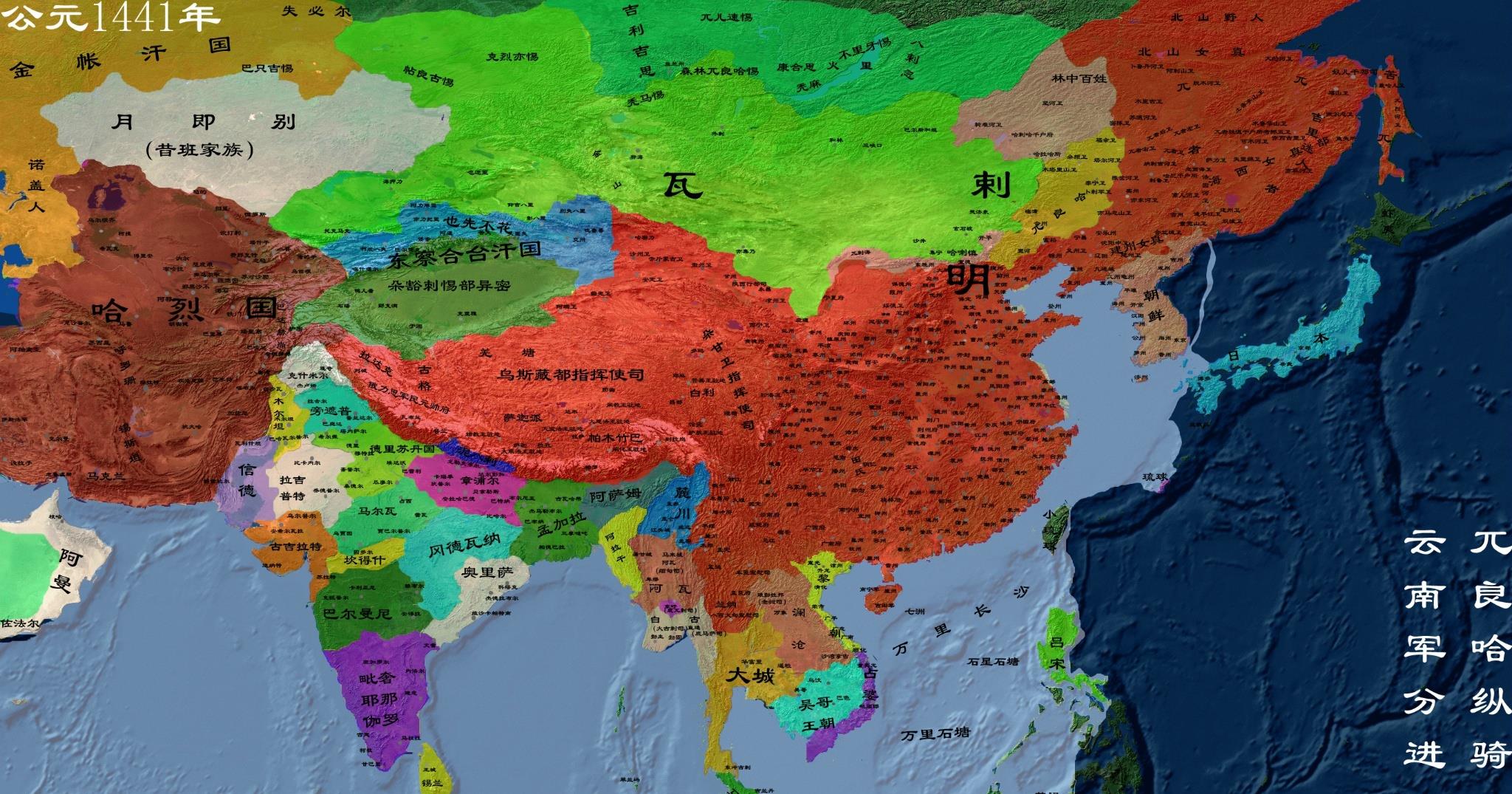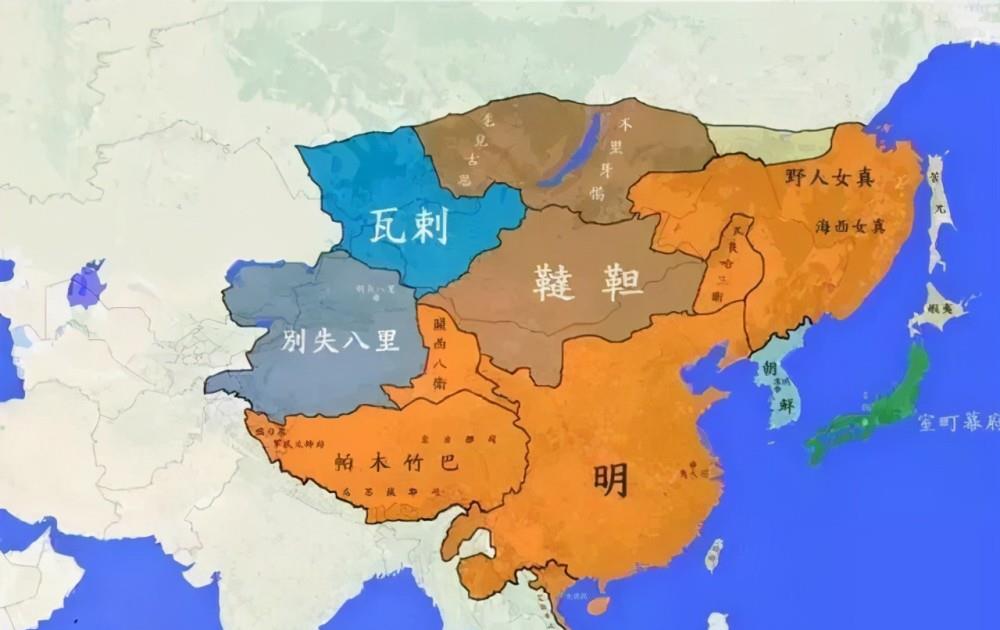Introduction:

The Tumu Crisis, also known as the Tumu Fortress Incident, was a significant event that took place in the Ming dynasty of China in 1449, during the reign of Emperor Yingzong. The incident saw the capture of the emperor by hostile Mongolian forces, who were eventually defeated by the Ming army, resulting in the emperor's release.
However, one question that arises is whether this incident would have occurred at all if Emperor Zhu Zhanji, also known as Emperor Zhengtong, had survived until 1442. This paper will delve into the factors contributing to the Tumu Crisis and examine whether it could have happened if Emperor Zhu Zhanji had remained alive.

Body:
Emperor Zhu Zhanji was the son of Emperor Yongle and succeeded him as the third emperor of the Ming dynasty. He had a relatively smooth reign until the Tumu Crisis occurred during the reign of his successor, Emperor Yingzong. There were numerous factors leading to the Tumu Crisis, including political instability, military weakness, and the emperor's lack of experience and judgment.
Political instability was brewing in the Ming dynasty before the Tumu Crisis. One of the primary causes of instability was the struggle for power among the eunuchs and the civil officials. The eunuchs were powerful figures in the court and were often involved in corruption and bribery, leading to the decline of the government's credibility. Additionally, Emperor Yingzong favored the eunuchs, resulting in the dismissal of competent and loyal officials, creating further tension within the court.
Another contributing factor was the military's weakness, which led to the vulnerability of the Ming empire to attacks. The death of Emperor Hongxi, the second Ming emperor, marked the end of the military's reform, leading to inadequate training and equipment of soldiers. The Mongols recognized this weakness and launched repeated attacks, slowly eroding the Ming's military power.
Moreover, Emperor Yingzong's lack of experience and poor judgment caused the crisis. In 1449, Emperor Yingzong led a campaign to the frontier despite being advised not to, resulting in the mismanagement of troops and the capture of the emperor by Mongol troops at the Tumu Fortress.
Had Emperor Zhu Zhanji not died in 1424, he could have exerted his strong leadership skills to prevent the political instability, replenish the military's strength, and make sound decisions in protecting the borders. He had a reputation for being decisive, effective, and diplomatic. Under his reign, the Ming dynasty modernized its military, economy and undertook many significant cultural projects, indicating his ability to rule effectively.
Conclusion:
In conclusion, the Tumu Crisis was a result of multiple factors that led to a weakened political and military situation. It is hard to say definitively whether or not the crisis would have occurred if Emperor Zhu Zhanji had survived until 1442. With a known reputation for effective leadership, it is probable he could have prevented this crisis with his diplomatic, military and political skills. The history has shown that Emperor Zhu Zhanji was an able, wise, and capable ruler, earning him today's title as the Zhengtong Emperor.
